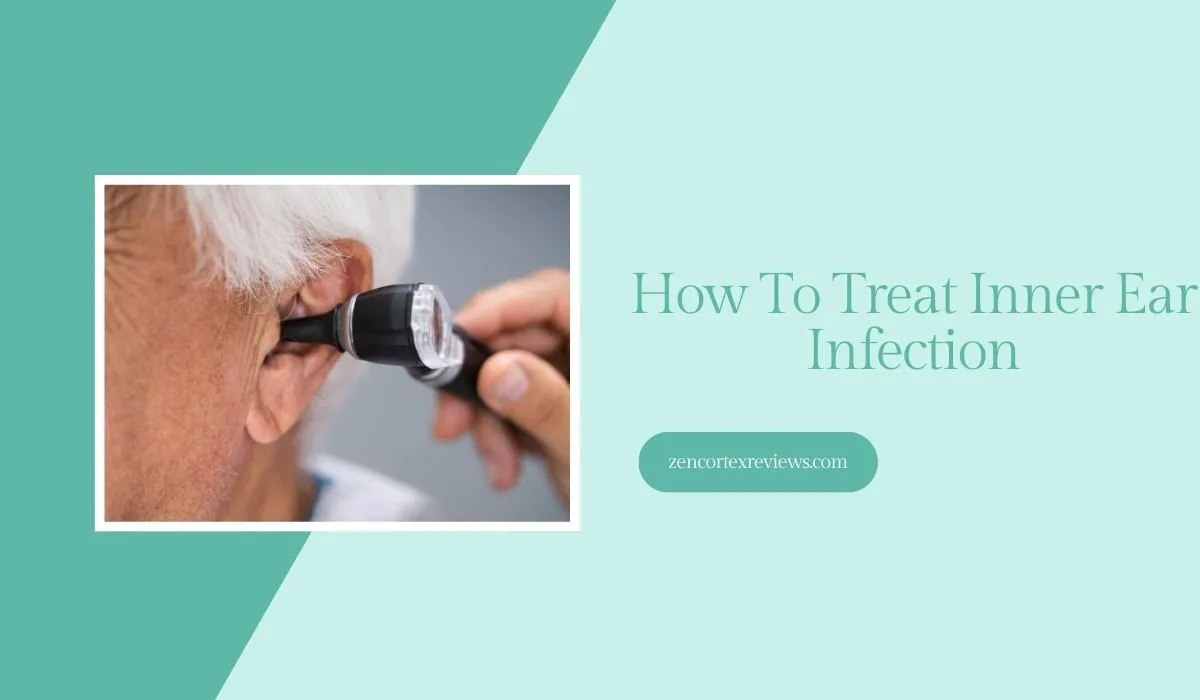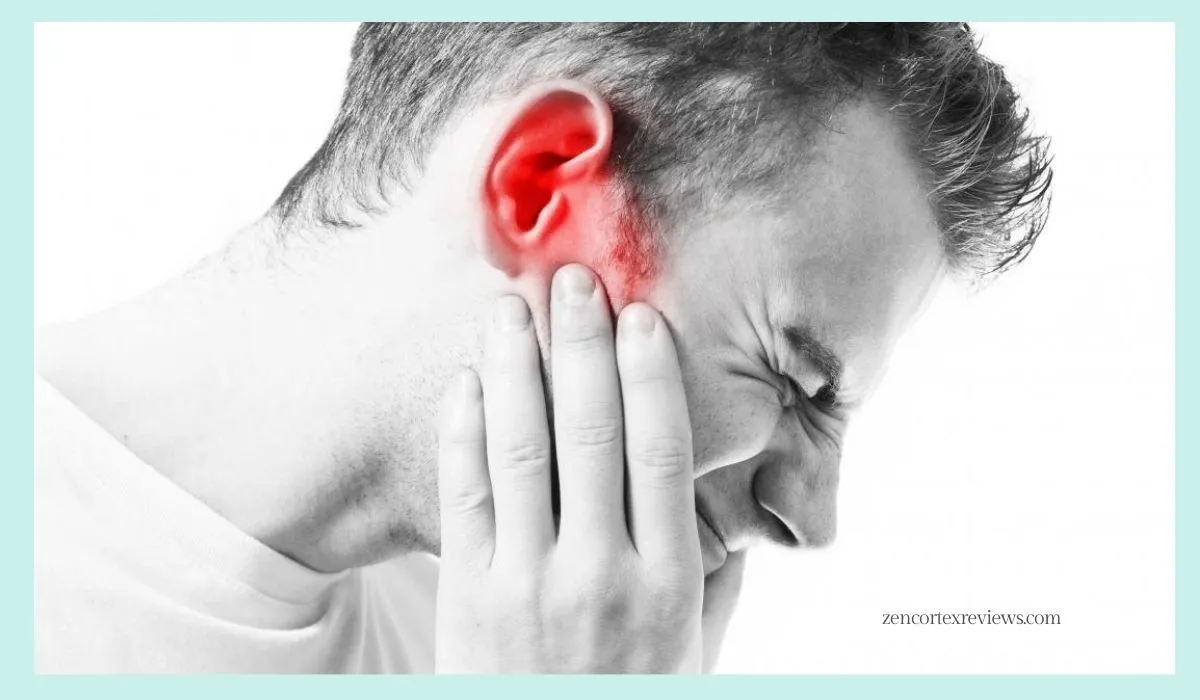How To Treat Inner Ear Infection: A Simple Guide
If you’re wondering how to treat an inner ear infection, it’s important to consult with a healthcare professional for a proper diagnosis and explore treatment options such as medications, vestibular rehabilitation, and lifestyle adjustments to manage symptoms and promote recovery.

Disclaimer: Our recommendations are sincere, driven by the products’ benefits. When you buy through our links, we may earn a commission, backing our testing and development at no extra cost to you.
Inner ear infections can cause a range of uncomfortable symptoms, from vertigo and dizziness to hearing loss and tinnitus. Knowing how to treat inner ear infection can help alleviate symptoms and prevent complications. This article provides a simple guide to treating inner ear infections, based on reliable government and health resources.
What Is an Inner Ear Infection?

An inner ear infection, also known as labyrinthitis or vestibular neuritis, is an inflammation of the inner ear structures. It can affect balance, hearing, and coordination. Inner ear infections differ from middle ear infections, which involve the area behind the eardrum.
Common Symptoms
The most common symptoms of an inner ear infection include:
- Vertigo (a spinning sensation)
- Dizziness or lightheadedness
- Hearing loss
- Tinnitus (ringing in the ears)
- Balance problems
- Nausea and vomiting
- Nystagmus (rapid eye movements)
Causes of Inner Ear Infections
Inner ear infections are often caused by viruses, such as those associated with the common cold or flu. Bacterial infections are less common but can also lead to inner ear infections. Other factors, such as allergies or autoimmune conditions, might also play a role.
How to Treat Inner Ear Infection?
Treatment for inner ear infections depends on the severity of symptoms and the underlying cause. Here’s a simple guide to common treatment approaches:
1. Medications
- Anti-inflammatory drugs: Corticosteroids like prednisone may be prescribed to reduce inflammation in the inner ear.
- Antiviral medications: If a virus is suspected, antivirals can help treat the infection.
- Antibiotics: Although rare, if a bacterial infection is identified, antibiotics may be needed.
- Anti-nausea drugs: To manage nausea and vomiting associated with vertigo.
2. Vestibular Rehabilitation
Vestibular rehabilitation is a form of physical therapy designed to help improve balance and reduce vertigo. A therapist will guide you through exercises that train your body to compensate for the effects of the inner ear infection.
3. Rest and Hydration
Ensure you’re getting plenty of rest and staying hydrated. Dehydration can worsen dizziness and nausea, so drinking water regularly is important.
4. Avoid Triggers
If you experience vertigo, try to avoid sudden head movements or changes in position. Sit or lie down if you feel dizzy, and avoid activities that require intense focus or balance until symptoms improve.
When to Seek Medical Attention
It’s important to seek medical attention if:
- Symptoms are severe or don’t improve with time
- You experience sudden or severe hearing loss
- Vertigo or dizziness affects your ability to perform daily activities
- You have a high fever or severe headache
Conclusion
Inner ear infections can be challenging to manage, but with the right treatment, you can alleviate symptoms and recover more quickly. If you’re experiencing any of the common symptoms, consult a healthcare professional to determine the best course of action.
References
- Mayo Clinic. (2022, December 2). Labyrinthitis.
- National Health Service (NHS). (2023, January 18). Inner Ear Infection (Labyrinthitis).
- National Institute on Deafness and Other Communication Disorders (NIDCD). (n.d.). Vestibular Neuritis and Labyrinthitis.
These references offer additional information on inner ear infections and their treatment. If you need more details, these resources provide valuable insights into managing inner ear infections effectively.
Lindsay Martinez
Lindsay Martinez, Au.D., is a licensed audiologist with over 10 years of experience in the field of hearing healthcare. She earned her Doctor of Audiology degree from the University of California, Los Angeles, and currently practices at Martinez Hearing Clinic, a leading audiology practice in the San Francisco Bay Area. As an expert in diagnosing and treating a wide range of hearing disorders, Dr. Martinez specializes in fitting advanced hearing aids and assistive listening devices. She is a fellow of the American Academy of Audiology and has published numerous peer-reviewed articles on topics such as noise-induced hearing loss and the latest innovations in hearing technology. Passionate about patient education, Dr. Martinez is committed to helping her patients improve their hearing and overall quality of life.
